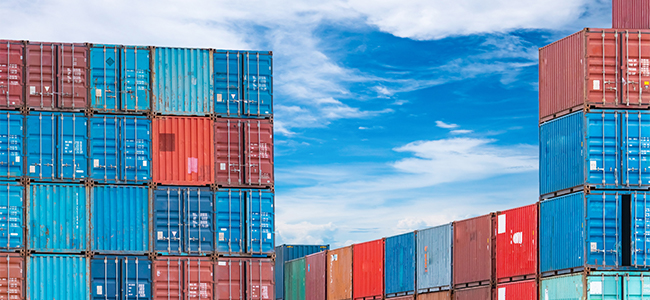Inflation and supply chain disruptions are all over the news lately. Perhaps the best indicator of inflation is reflected in the 5.9% COLA increase in Social Security benefits for 2022. This is the largest increase in decades.
Supply chain disruptions are impacting almost every industry from automobiles to the availability of many popular items on grocery store shelves. This is impacting both the availability of many products as well as the price. Added to these woes is a labor shortage in many industries.
What goods are becoming more costly?
One item that has seen a marked increase in price is gasoline. This makes the cost of traveling by car to visit friends and family this holiday season more costly.
The price of meat has increased with the Labor department noting a 10.5% increase in the price of meat, poultry and eggs over the past year. These increases will have an impact on the cost of this year’s holiday meals.
Other goods with substantial increases include:
- Tvs 12.7%
- Appliances 7.1%
- Restaurants 4.7%
The Labor Department lists the increase in gas prices at a whopping 42.1%, with prices for rental cars up 42.9%! Hotel prices were up 18%. All of this really adds to the cost of traveling to see loved ones or heading out for a family vacation this holiday season. Opinions vary regarding how long this inflation will last. Supply chain issues, labor shortages across many industries and the actions of the Fed will all play a role here.
Labor shortages are impacting the travel and hospitality sectors, ranging from airlines to hotels and restaurants among others. This is having an impact on prices and availability. The labor shortages here should not really be a surprise as many workers were laid off or furloughed during the height of the pandemic. Many of these workers have undoubtedly moved to jobs in other industries.
Travelers should look for higher prices and potential travel delays this holiday season.
Supply Chain Disruptions
There have been countless stories in the news warning consumers to shop early to ensure they are able to buy the items they want this holiday season. Supply chain disruptions are having an impact on the availability and the prices of a wide range of goods this year.
According to consulting firm McKinsey and Company, demand will be strong this holiday season, but consumer loyalty will be tested. Their research has found many consumers are willing to switch retailers, including online versus shopping in store. Consumer brand loyalty is also being tested.
Tom Nikic, SVP, Equity Research | Footwear & Apparel for Wedbush Securities says, “Since most apparel and footwear that gets sold in the U.S. is imported from Asia, there have been significant delays in the supply chain heading into the holidays. This has primarily been a function of shipping container shortages and congestion at the West Coast ports. The good news is that most apparel/footwear brands have been proactive about mitigating the impact, using strategies such as earlier deliveries, increased use of air freight and diverting goods to other ports. So, while there may be some product shortages this holiday season, it shouldn’t be terrible.”
He adds, “The other issue is that the supply chain issues are also driving cost inflation for the industry, as transportation costs have risen significantly. When combined with inflation in employee wages and other cost inputs (e.g. cotton), the industry is facing meaningful cost inflation. To combat this, most brands have announced their intention to raise prices, either through fewer discounts and/or like-for-like price increases. Thus, consumers may need to brace for paying more for clothing and footwear than they’re used to.”
All in all, both this holiday season’s shopping and travel should be interesting. Well-to-do consumers will likely continue to spend, but many middle-income consumers may cut back. As far as the impact on companies, those that deal with labor shortages and supply chain issues the best should see the benefits on their bottom line.
Contact your Wedbush advisor to discuss how these issues might impact your investing strategy.
Looking to build a financial plan based on your goals while considering market trends and risk factors? Click here to check out our approach to Wealth Management.
Disclosure
These materials are provided for general information and educational purposes based upon publicly available information from sources believed to be reliable — we cannot assure the accuracy or completeness of these materials. The information presented is not intended to constitute an investment recommendation for, or advice to, any specific person. The information presented here is not specific to any individual’s personal circumstances. To the extent that this material concerns tax matters, it is not intended or written to be used, and cannot be used, by a taxpayer for the purpose of avoiding penalties that may be imposed by law. Each taxpayer should seek independent advice from a tax professional based on his or her individual circumstances. The information in these materials may change at any time and without notice.
